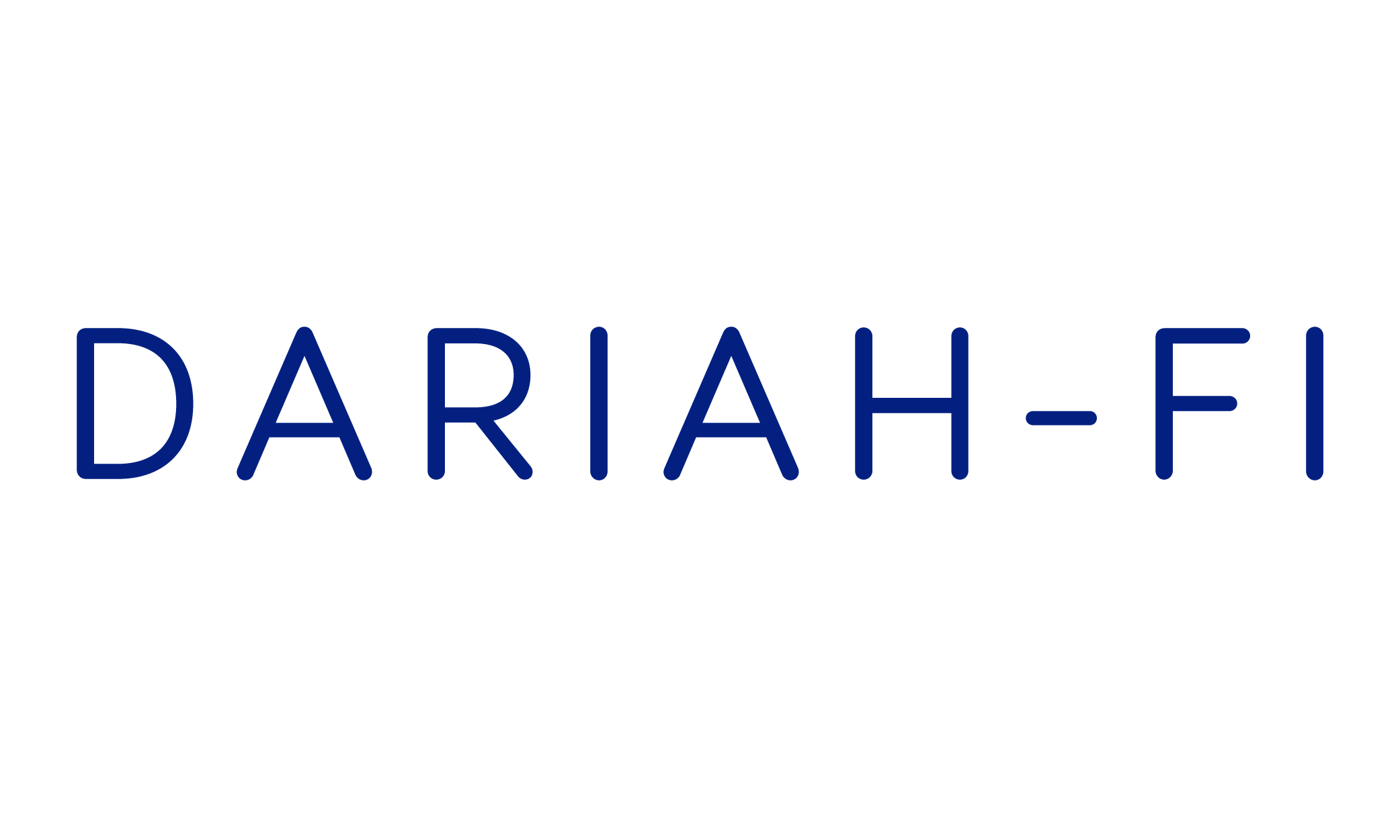(Image: This is what AI (https://openai.com/dall-e-2/) produced when I asked it to create a pointillist painting of Michel Foucault, Donna Haraway and Georg Henrik von Wright with sunglasses on the road towards the sun.)
It is difficult to make good predictions, especially about the future, but here is one anyways: the future of humanities and social sciences will be more data-intensive than the present. By ”data-intensive” I simply mean that the scale of machine-readable data used in SSH research will increase over time. The mass digitization of primary sources and the explosion of born-digital data have already now led into a situation in which our existing research infrastructures cannot fully satisfy the needs of Finnish SSH community: we need better practices for storing and sharing heterogenous data, we need pre-processing and analysis tools that are designed for complex datasets, and we need workflows that can be easily ”scaled upwards”, from personal laptops to the supercomputing environment. This is precisely why DARIAH-FI was born: we want to solve those big problems that cannot be solved by any individual researcher or research group.
DARIAH-FI is now in the very beginning of its long journey, so it must be acknowledged that we are not yet famous in Finland. Starting in November -22, we will tour around Finland to introduce our services for both individual researchers and for the wider research community. From the individual perspective, there will be new interesting datasets coming soon for research. Are you for example interested in a massive, representative dataset of tweets from the five Nordic countries? We can help you with that. In the longer term, an even more important contribution by DARIAH-FI is constructing data pipelines from the major memory organizations to the national IT centre for science (CSC). In the pioneering phase, a selection of materials from the National Library and the National Archives will be transferred to the CSC. The idea is that our infrastructure removes the obstacles slowing down your research—e.g., negotiating data rights and moving terabytes of data to the supercomputing environment—so that researchers can spend their limited time on making research. The CSC environment has enabled scientific breakthroughs in fields like medicine and climate science: now it is time for the social scientists and humanists to take full advantage of its computational potential. Many of our DARIAH-FI work packages are building tools for SSH research, and these tools will be later integrated into the CSC environment. Thus, compared to the present, you should have more methodological alternatives for your data-intensive research in the near future.
The benefits of a national research infrastructure for the SSH field become even more visible when we shift the perspective from the individual to the community. Yes, the CSC can offer researchers raw computing power not available anywhere else in Finland, but another less obvious advantage is efficiency: using a centralized channel, we can maximize the reuse of our valuable research resources (such as datasets and tools). In other words, if researchers have managed to build something that could be useful for the whole community, DARIAH-FI helps to distribute the fruits of their labour for others. This is also a question of sustainability: individual research groups rarely have sufficient resources for long-term solutions, but together we can build a sustainable research infrastructure. Like our logo suggests, DARIAH-FI is above all a flexible network that unites individual researchers, research groups, universities and memory organizations in Finland. On a national level, this network prevents us from doing silly things: duplication of work can be avoided with coordination. On an international level, we want to attach our network to an even greater network, that is, DARIAH-FI will become a national node of DARIAH-EU, if everything goes according to our plan. My educated guess is that direct collaboration with the key players in digital humanities and computational social sciences increases the chances for attracting international funding to Finnish SSH projects.
This was a very short introduction to the ideas behind DARIAH-FI, but you will learn much more by coming to one of our roadshow events which have been organized together with our local DARIAH-FI offices. Each university has their own DARIAH representatives who link the local needs to the national infrastructure and its resources. The program is a bit different in each place for it has been shaped by and for the local audience, but it includes (1) a practical introduction to the infrastructure, (2) a debate on data-intensive social sciences and humanities, and (3) a poster session with sparkling wine. You can find the registration links for the events here: Tampere University on November 10, University of Jyväskylä on November 17, University of Eastern Finland on November 29, Aalto University on November 30 (link will be added later), University of Helsinki on December 5, and University of Turku on January 24 (link will be added later). By joining the network now, you can shape the future.
Hope to see you soon,
Risto Turunen, National Coordinator for DARIAH-FI

